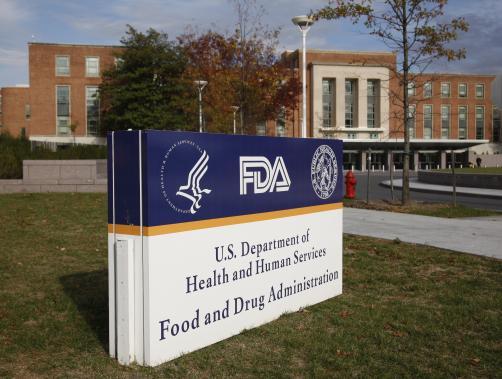Aduhelm approval could signal new era for CNS drugs; analysts

The unexpected approval and lofty pricing of Biogen's Alzheimer's therapy Aduhelm is clearly the biopharma event of the year so far, but what are the broader implications for the industry as a whole?
Analysts at RBC Capital Markets say that the decision points to an unprecedented shift in position for the FDA when it comes to regulating drugs for neurological and psychiatric disorders – and while the potential for Aduhelm may still be speculative, other drug developers could see big opportunities opening up.
The FDA's willingness to approve Aduhelm (aducanumab) via an accelerated approval pathway with surrogate endpoints in areas where patient needs are unmet is "setting the stage for companies to see new, more efficient paths to market," according to RBC's Gregory Renza.
It signals a more permissive FDA stance on neuropsychiatric diseases "where a precedent on openness to new therapeutic options has been set," and that could lead to greater interest in partnering with or acquisitions of companies with programmes in this area.
So which companies could benefit? One candidate is Acadia Pharma, whose Nuplazid (pimavanserin) therapy for dementia-related psychosis is currently under review at the FDA, albeit with questions about mixed results from studies and an earlier rejection by the agency in its history, said Renza. The drug is already approved to treat Parkinson's disease psychosis.
For RBC's Brian Abrahams, other potential winners from a more accommodating FDA could be Sarepta – which is developing gene therapies for Duchenne muscular dystrophy – as well as Intra-Cellular Therapies whose Caplyta (lumateperone) is under review at the FDA for bipolar depression.
He also thinks Intercept Pharma could get an indirect benefit for its Ocaliva (obeticholic acid) product as it tries to find common ground with the FDA on a potential use in non-alcoholic steatohepatitis (NASH) – another widespread indication with massive unmet need.
"Whether the approval is ultimately an indication of a more lenient FDA remains to be determined, but both [Sarepta and Intercept] are levered to FDA decisions in complex indications," according to Abrahams.
Aduhelm's approval "may hint at a favourable regulatory environment and one that leans towards giving patients potential therapeutic options, especially when none are currently approved," he added.
One consequence of Biogen's good news is that it is less likely to go on the acquisition trial to bolster its pipeline, note the RBC analysts. In the past, the company has been named as a potential suitor for Sarepta as well as Sage Therapeutics.













